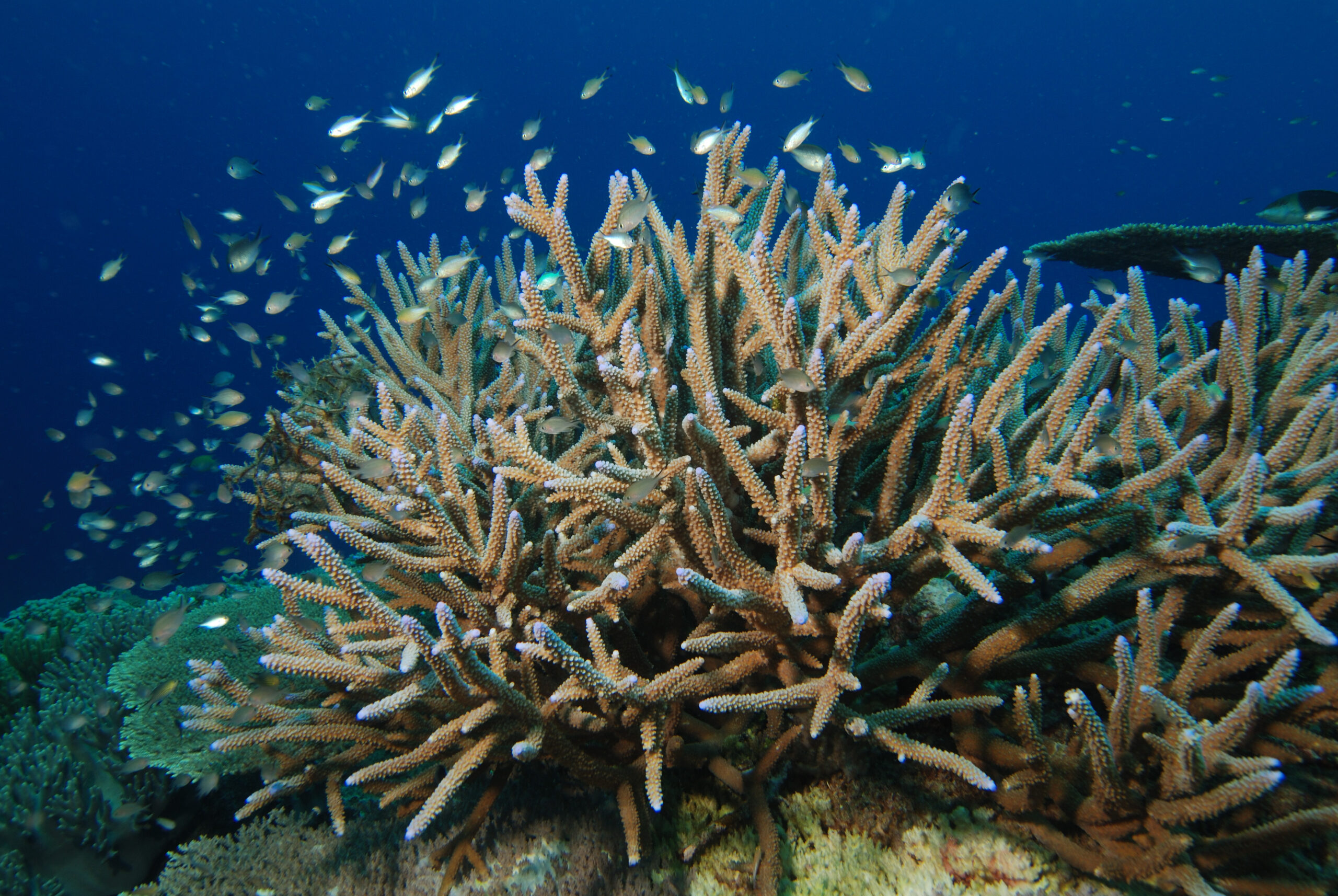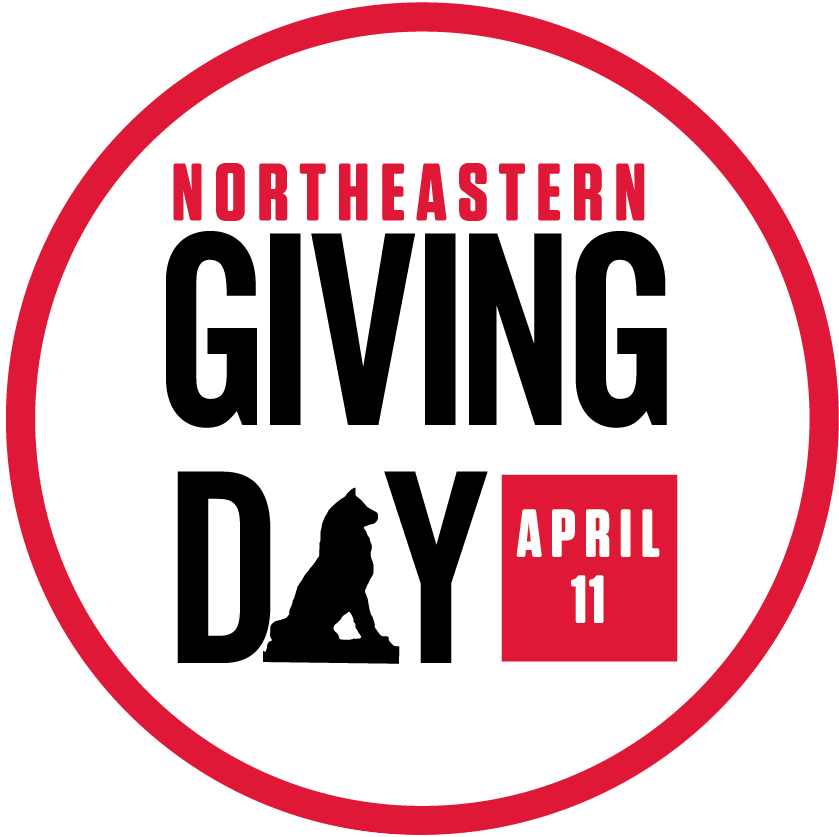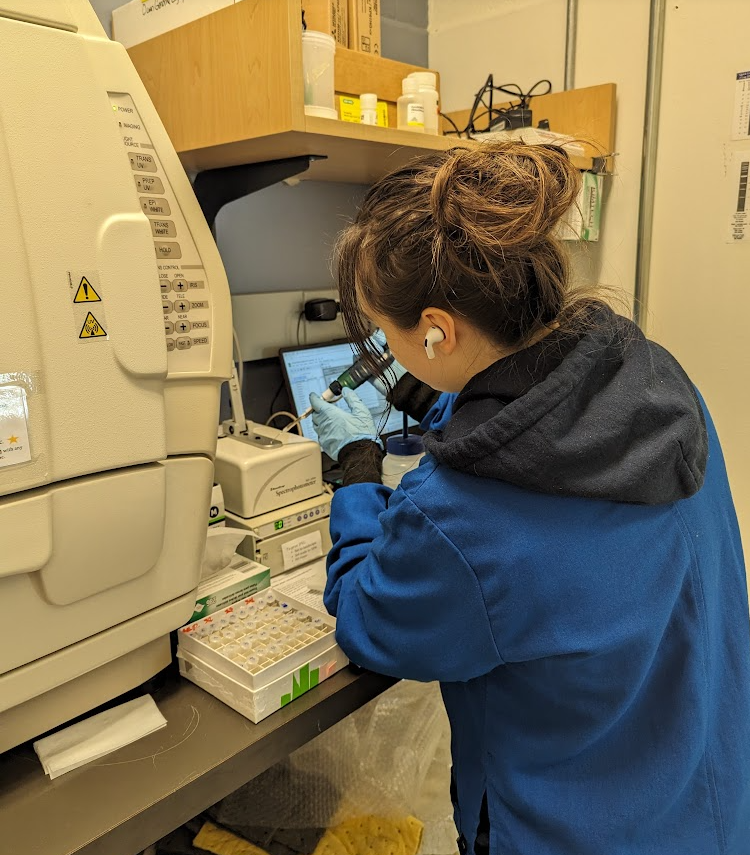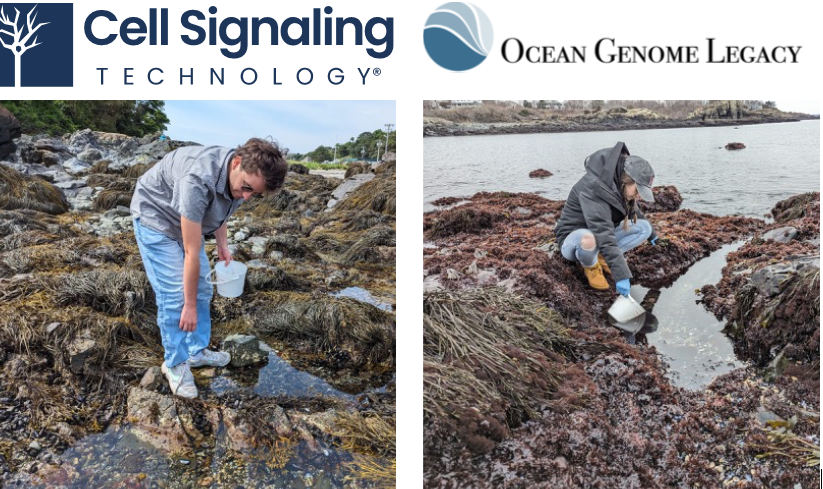THE OCEAN GENOME LEGACY CENTER
A nonprofit marine research facility and genome bank dedicated to exploring and preserving the threatened biological diversity of the sea
THE OCEAN IS LOSING BIODIVERSITY.
WE’re TRYING TO CAPTURE IT BEFORE IT’S GONE.
“By volume, about 99 percent of the habitable portion of our planet is underwater,” says Dan Distel, who directs Northeastern’s Ocean Genome Legacy Center. To explore and preserve the wealth of information contained in the ocean, the center collects DNA samples—over 28,000 so far—and has made that collection available to researchers around the world.
RECENT NEWS AND IMPACT
Mark your calendars for Northeastern’s Giving Day: Thursday, April 11
Make your donations to OGL go twice as far! Thanks to an anonymous donor, all contributions to the Ocean Genome Legacy (OGL) Endowed Fund between now and April 11 will be matched dollar for dollar up to $20,000! The OGL Endowed Fund ensures that OGL and...
A day in the life of an OGL student intern.
Ever wonder what it’s like to work in a marine research lab like Ocean Genome Legacy (OGL)? Let’s follow OGL’s newest student research assistant, co-op Mia Bender, COS‘25, through her week to find out! This week, Mia has been dissecting lobsters to preserve...
A New grant is a win for OGL co-ops and frozen samples!
OGL co-op students Ryan Pianka (left) and Mia Bender (right) collect invertebrates from the rocky Nahant, Massachusetts, intertidal for use in DNA preservation experiments.
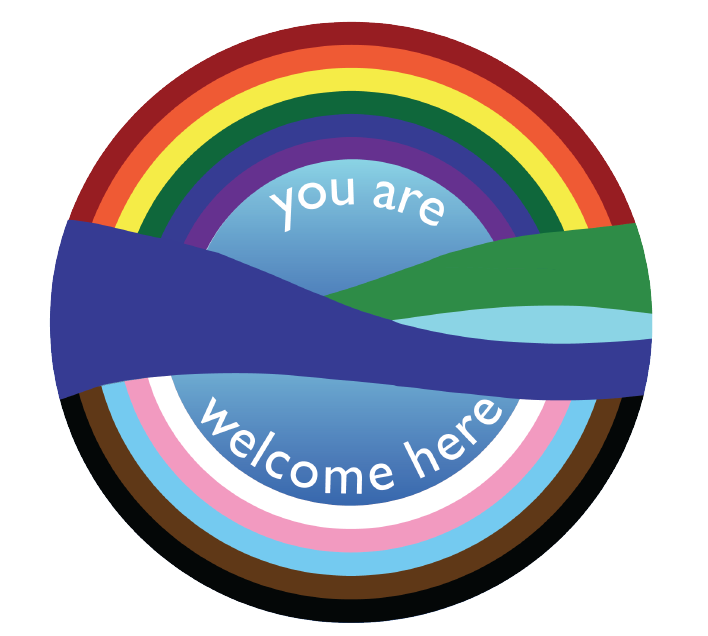
Diversity and Inclusion Statement
The Ocean Genome Legacy Center strives to create a safe and welcoming workplace while providing services that support scientific advancement, environmental sustainability, and environmental and social justice. OGL is committed to building a culture based on encouragement and acceptance—supporting equal treatment of all people, regardless of age, culture, race, ethnicity, gender identity or expression, national origin, physical or mental disability, politics, religion, sex, sexual orientation, or socio-economic status. OGL supports respect for the planet, its people, and the natural world.
Land Acknowledgement
We acknowledge the territory on which Northeastern University’s Marine Science Center stands, which is the land of the Mattakeeset tribe of the Massachuset Nation and which has been inhabited by the Pawtucket and Naumkeag people. We honor and respect these peoples past, present, and future, their continuing presence in this region, and the enduring relationships that exist between them and these lands. We strive to be mindful of these relationships, and to integrate them into our research, teaching, decision-making, and actions, while also acknowledging that we still have much to learn.
in collaboration with:
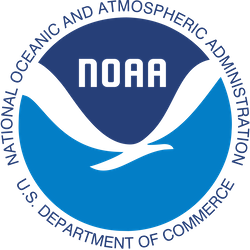
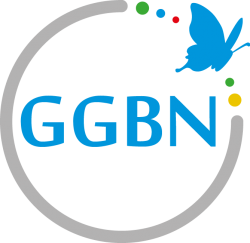

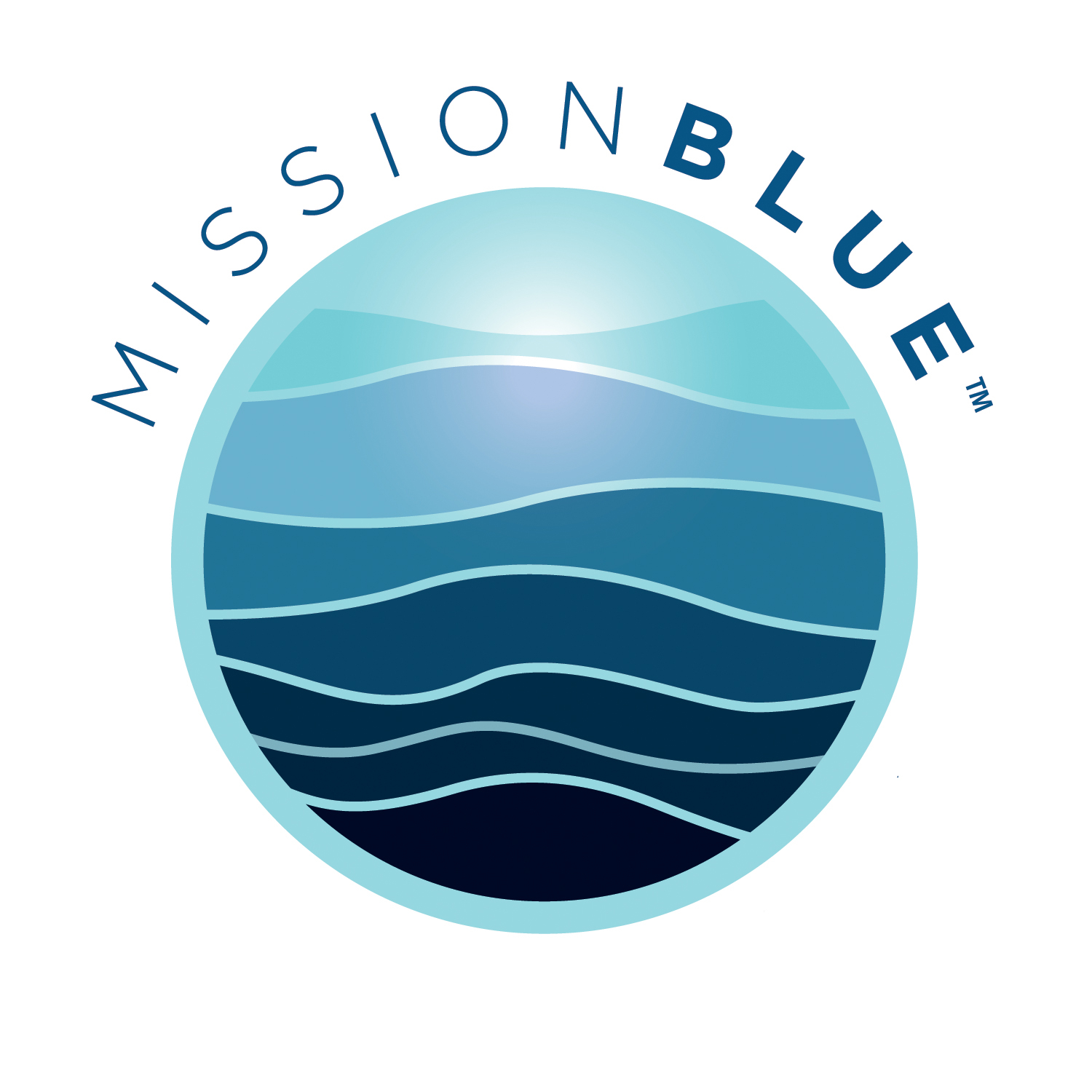
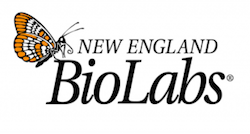
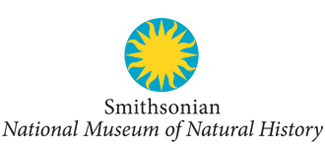

TOOLS FOR RESEARCHERS
SPECIMEN CATALOG
SEAFOOD BARCODING
REQUEST SAMPLES
DEPOSIT SAMPLES
EXTERNAL LINKS
POLICIES, FORMS, AND CITATIONS
We at Ocean Genome Legacy are dedicated to providing the best genomic data available to our users. We strive to follow current Best Practices in acquiring and maintaining our collection of biological specimens. We adhere strictly to all relevant permitting for collection by region and species. We maintain accurate, detailed records of the specimens we receive, preserve them using state-of-the-art techniques, and perform rigorous quality control on all extractions.
In order to help assure the quality, accuracy and compliance of our collection, we ask that depositors read and adhere to our policies and practices.
OGL Sample Collecting Protocols
Reference Citations
For all publications concerning materials (or data derived from materials) distributed by Ocean Genome Legacy (OGL), whether tissue, genomic DNA, tissue products or associated data, an appropriate citation must be made of the material and/or data source. The proper format for such reference citation is:
“Ocean Genome Legacy Genomic Resource Collection. Northeastern University. https://arctos.database.museum/guid/OGL:Genomic:[accession number(s)].”
Communication of Citations
OGL requests that all researchers citing OGL and/or OGL materials and/or OGL data in their publications inform OGL of such publications and citations by sending an e-mail with the relevant information through our Information Request form. This will help OGL measure the effective utilization of our biorepository, and will allow us to direct other researchers to your work.
1. Assistance and advice in formulating and drafting sample management plans for grant submissions. Boiler plate language for proposals can be found here.
2. A compliant, secure, and publicly accessible biorepository for your samples and associated metadata.
3. Submission of your sample metadata to public data aggregators/servers (GBIF, OBIS, and GGBN).
4. Continued access to your samples after submission and the ability to temporarily embargo sample and data distribution to accommodate your research and publication plans.
FDA RSSL from September 2018 (.xlsx file)

